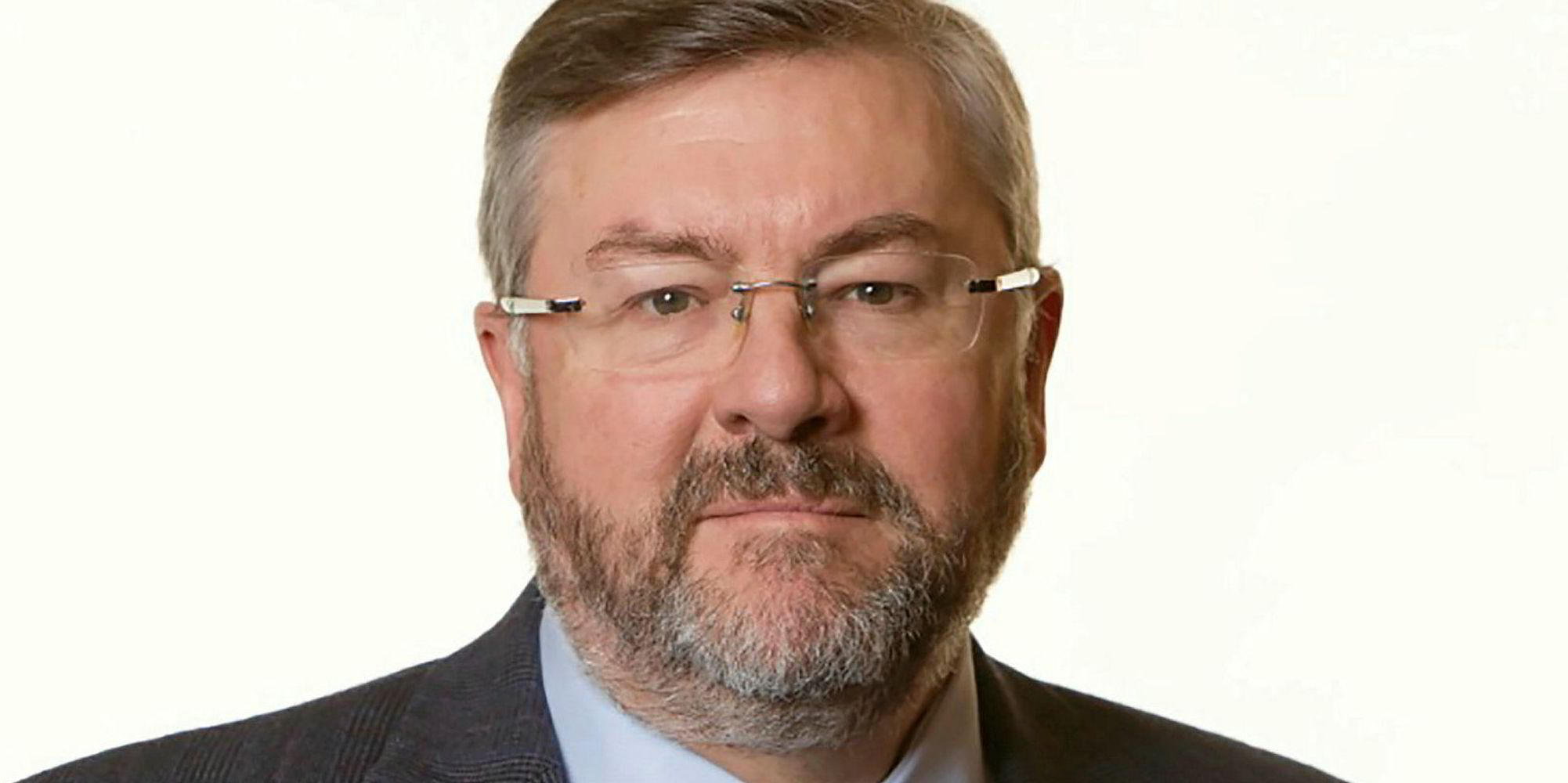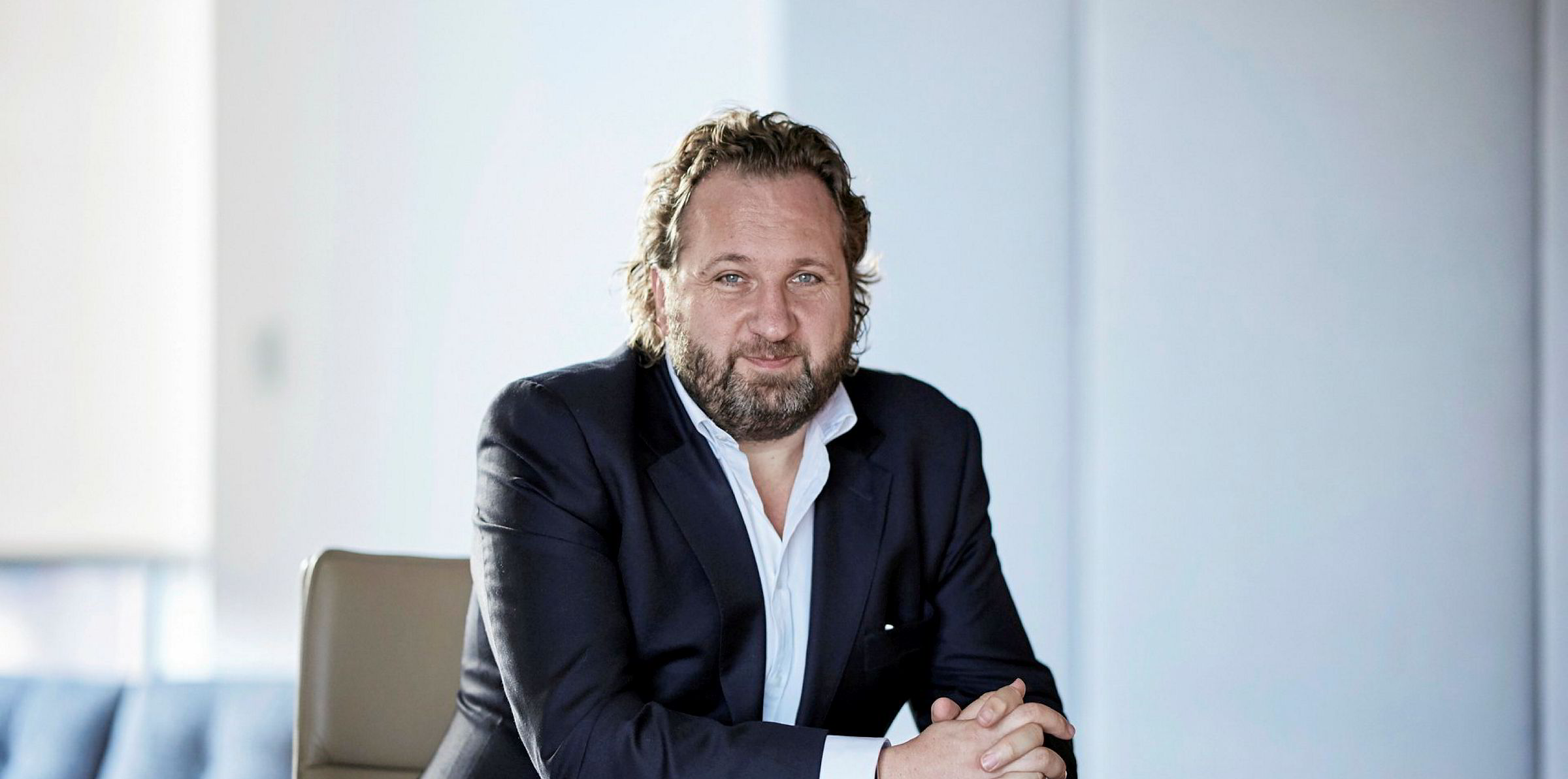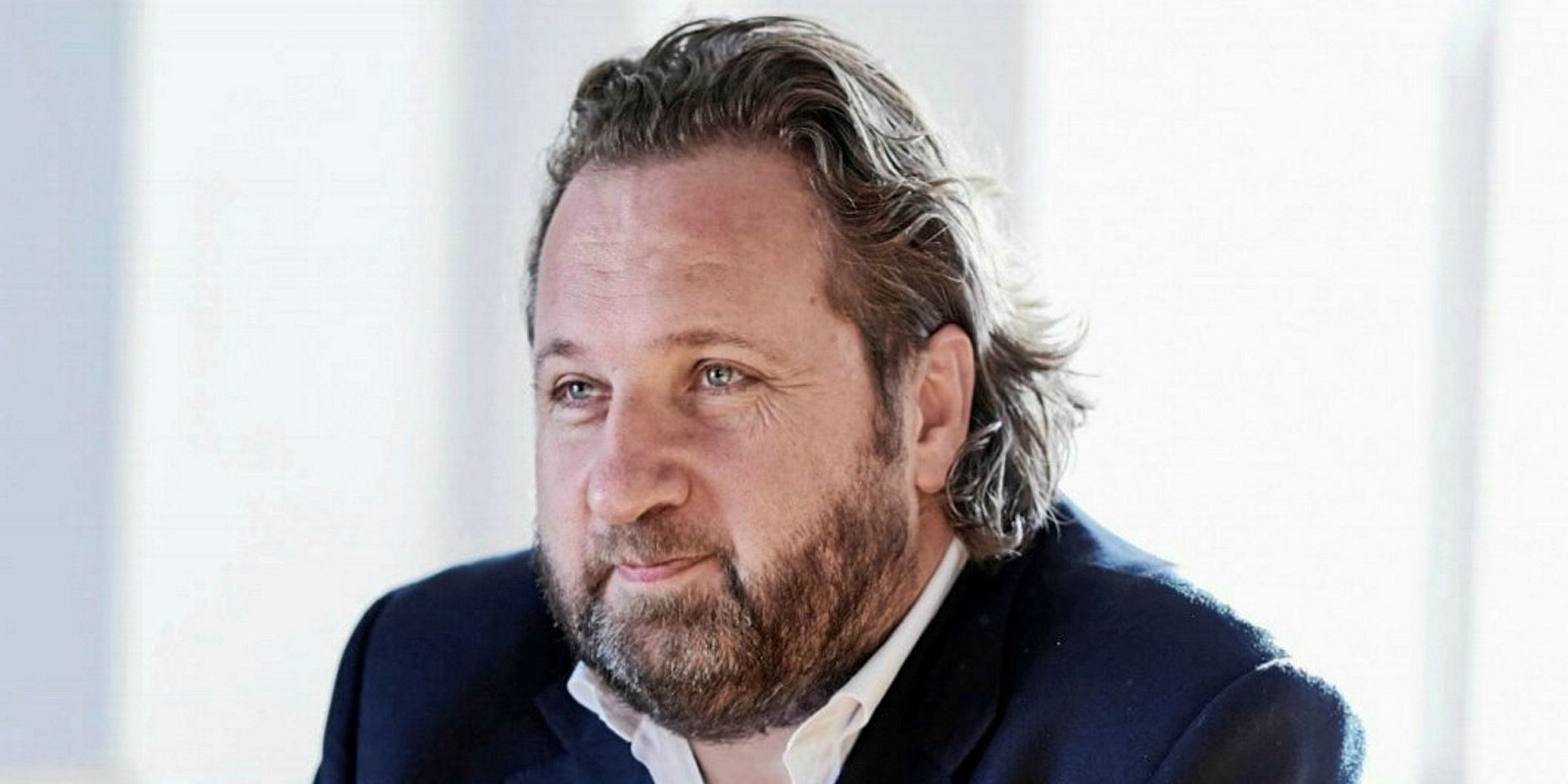Why does Clarksons pay its chief executive, Andi Case, so much money? This question is becoming what the gardening community might call a 'hardy perennial'.
Year after year, it surfaces and never quite gets dealt with, although the debate definitely becomes more heated when earnings and the share price are suffering.
And that is now, with reported pre-tax profits falling from £43m to £0.2m due to a big impairment charge over the purchase of RS Platou, even as underlying earnings rose.
Once again, senior directors are desperately meeting behind the scenes with investors as part of a “major engagement process” to try to head off trouble.
Clarksons knows there may yet be another revolt at the annual general meeting on 6 May, when a large number of shareholders may object to the levels of executive pay.
Shareholder revolt
Last year, the company’s remuneration report was passed by less than 52% of those who voted and the margin has been falling gradually for years.
A new chair of the remuneration committee was brought in during 2018 and the company promised a second review of the way pay and bonuses are awarded.
If you look at Clarksons annual report, you will see that a good 15 pages are devoted to explaining exactly how executive pay is calculated.
It mentions at least two outside pay consultants that have been brought in to ensure that the issue is dealt with as fairly as possible.
Of course, this issue is not restricted to Clarksons, this kind of pseudo science on remuneration is practiced at a large number of publicly quoted companies.
Much executive pay is too high — and most people know it. Denmark’s AP Moller-Maersk has just published executive pay for the first time and is in the middle of a row over the scale of some remuneration.
Case is not in the pay league of Jeff Bezos (the Amazon boss on $80m) or even Bob Dudley (ex-BP on £8m) but is £2.7m to £4.99m annual pay credible? Obviously, the bulk of that is bonuses but big extras seem to be baked in these days.
Clarksons is a great shipbroking firm whose share price has soared in recent years on the back of strong business growth led by Case, but it only has around 1,000-plus staff, compared, with say, 750,000 at Amazon or 73,000 at BP.
Some other private shipbrokers no doubt pay their top men even more. While TradeWinds aims to report what figures are publicly available, most of those details are kept behind closed doors. Well that is how it is, and setting an example is the price Clarksons must pay as a public company.
Obviously, Case is an excellent broker and brings in a lot of business himself but is that not the top man’s job?
Remuneration committees always claim that they are forced to pay the “rate for the job” and they have to attract talent and keep it.
James Kidwell, the chief executive of UK-quoted Braemar Shipping Services, of which Braemar ACM is the broking arm, got paid £579,000 including salary, benefits, pension and bonus, its 2018 annual report showed.
Obviously, Case is an influential broker and brings in a lot of business himself but is that not the top man’s job?
More widely, it's clear the current global business model is being undermined by an excessive executive pay culture, which should be changed. It feeds into a wider discontent globally about the state of capitalism, globalisation and growing inequality, which has helped bring Donald Trump, Jair Bolsonaro and other populists to power.
Sir Bill Thomas, the new chairman at Clarksons, seems to be hinting that he knows that Clarksons is in a mess over this. He admits that the current pay policy "does not conform to current market norms" but pleads shareholder forgiveness because the executives have binding employment contracts.
This suggests he knows the pay is excessive but believes his hands are tied as Case took the job on one basis, and the boss might walk if it is changed.
But he also says Clarksons has built its reputation on honouring contracts and, therefore, it cannot break this one with Case.
Thomas says when succession occurs and appointments are "more consistent with market norms... this legacy remuneration issue will disappear". The reputation of Clarksons is being undermined by these annual arguments over executive pay and that cannot be good for the business.






